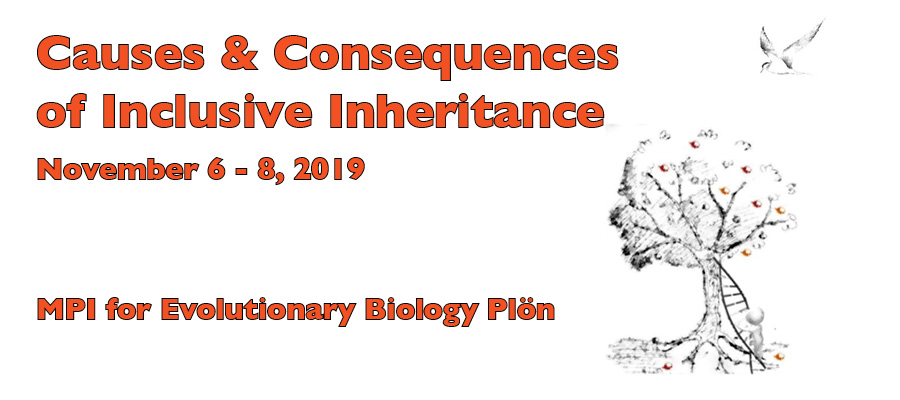Speaker
Description
Environments vary over time and if this variation is predictable, environments that are similar across generations should favour evolution of anticipatory parental effects to benefit offspring. In contrast, the absence of correlation between parental and offspring environments should select against parental effects. However, experimental evidence is scarce. We investigated the evolution of maternal effects using experimental evolution. Populations of the nematode Caenorhabditis remanei, adapted to 20°C, were exposed to a novel temperature (25°C) for 30 generations with either positive or zero correlation between parent and offspring temperature. We found that populations evolving in environments with positive correlations had a positive maternal effect, since they required maternal exposure to 25°C to achieve maximum reproduction and fitness in 25°C. In contrast, populations evolving under zero correlation had lost this positive maternal effect. This shows that parental effects can aid population viability in warming environments. Correspondingly, ill-fitting parental effects can be rapidly lost.

